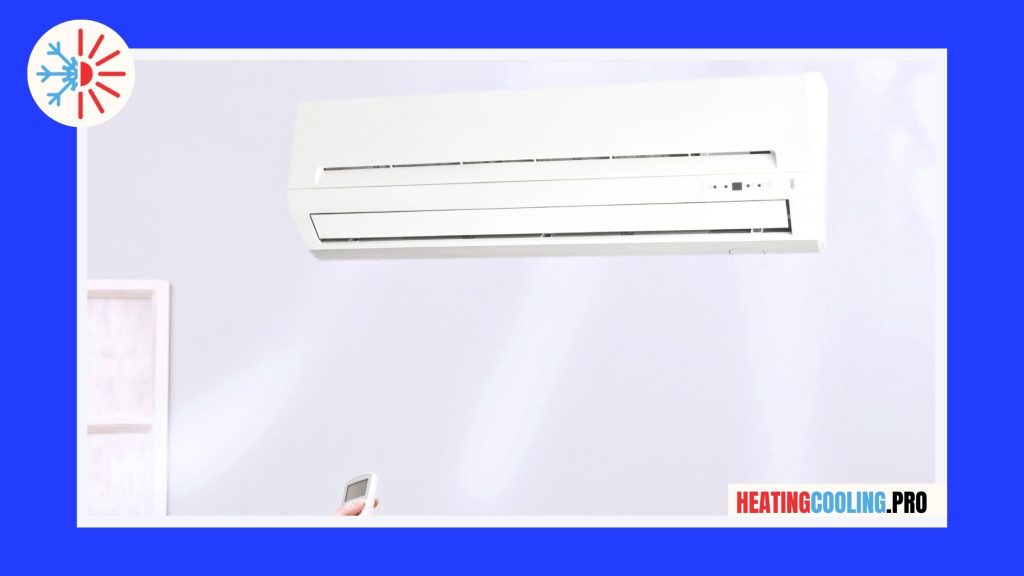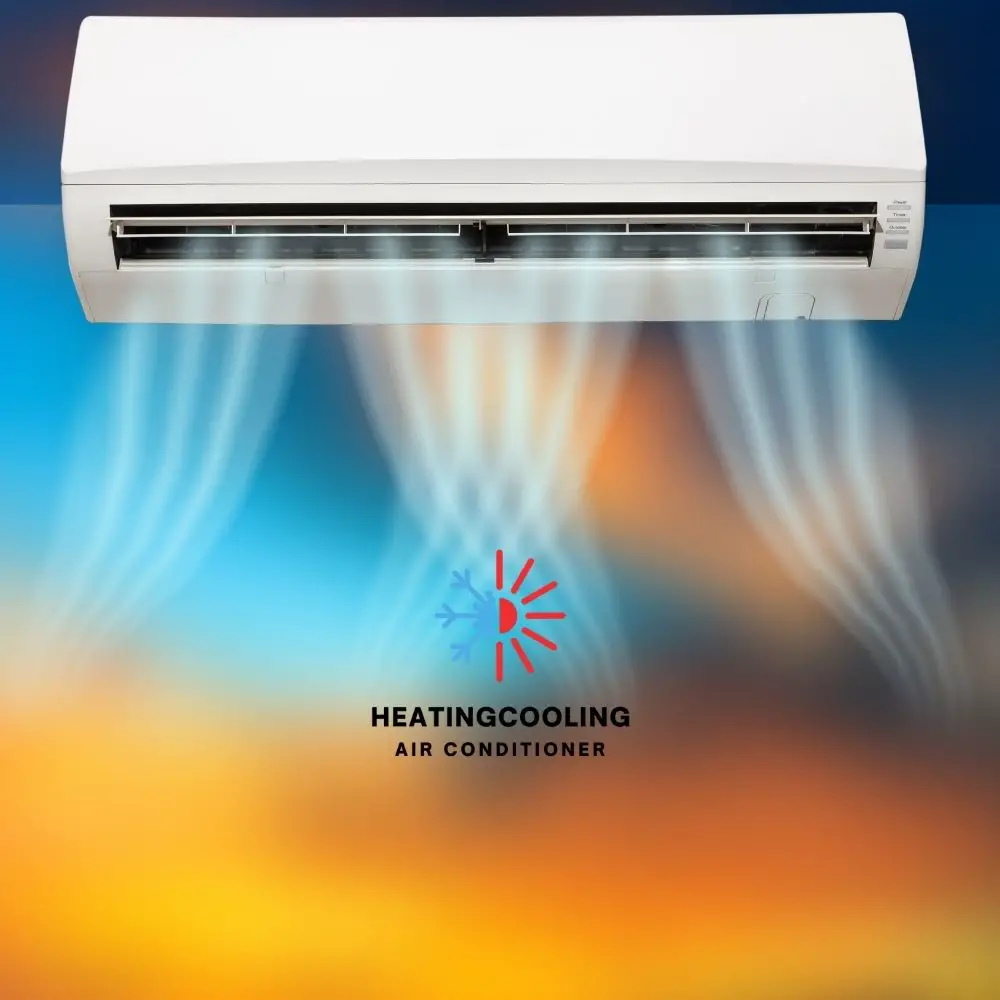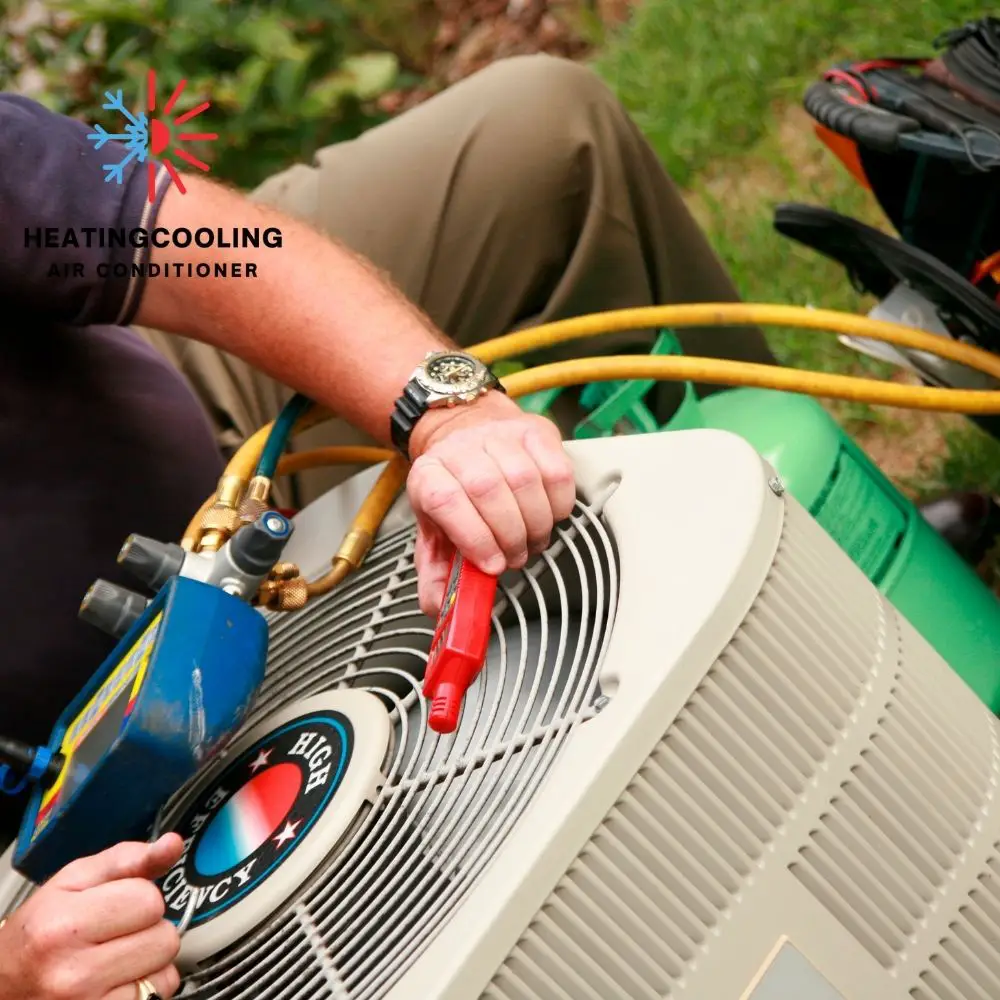Air conditioners have become an integral part of our lives, providing comfort and respite during scorching summers. They work relentlessly to keep our homes and office spaces cool, but have you ever wondered about their lifespan? How long can we expect an air conditioner to function optimally before needing replacement? In this detailed article, we will delve into the factors that influence the lifespan of a typical air conditioner, maintenance practices that can extend its life, and signs that indicate it may be time for a replacement.
Can An Ac Last 30 Years?

While it’s technically possible for an air conditioner (AC) to last 30 years, it’s quite uncommon and challenging for several reasons. The lifespan of an AC unit primarily depends on various factors such as maintenance, usage, quality of installation, brand, and climate. Most air conditioners typically have an average lifespan of 10 to 15 years before they require significant repairs or replacements. Regular maintenance and care significantly influence the longevity of an AC. Neglecting routine maintenance, such as cleaning or replacing filters, checking for refrigerant leaks, and addressing minor issues promptly, can shorten the lifespan of the system. Additionally, excessive usage, especially in regions with extended hot seasons, can strain the AC and accelerate wear and tear.
The quality of the AC unit and its installation also play vital roles. Well-known, reputable brands often manufacture higher-quality units that are more durable and long-lasting. Proper installation by certified professionals ensures the AC operates efficiently and effectively, maximizing its lifespan. Technological advancements in the HVAC industry can also impact the perceived longevity of an AC unit. Newer models are designed to be more energy-efficient and environmentally friendly, encouraging upgrades for better performance and cost savings.

While a 30-year lifespan for an AC is possible with exceptional care, ideal conditions, and a bit of luck, it’s not a typical expectation. Most homeowners should anticipate replacing their AC units within the 10 to 15-year range to ensure efficient and reliable cooling while benefiting from the advancements in HVAC technology.
Factors Affecting Lifespan
- 1. Quality and Brand: The quality and brand of an air conditioner play a crucial role in determining its lifespan. Generally, higher quality units from reputable manufacturers tend to last longer due to superior construction and components.
- 2. Usage and Environment: The frequency and duration of usage, along with the environment in which the air conditioner operates, significantly impact its lifespan. An air conditioner used for longer periods or in harsh conditions, such as extreme temperatures or high humidity, may experience more wear and tear, reducing its overall lifespan.
- 3. Maintenance and Cleaning: Regular maintenance and cleaning are essential for extending the lifespan of an air conditioner. Neglecting routine maintenance can lead to dust and debris buildup, decreased efficiency, and increased strain on the system, ultimately shortening its life.
Average Lifespan: On average, a well-maintained air conditioner can last anywhere between 10 to 15 years. However, this is a rough estimate, and many factors can influence the actual lifespan of an individual unit. Let’s explore these factors in more detail:
1. Type of Air Conditioner:
- a) Window and Through-the-Wall Units: These units are typically less expensive and have a shorter lifespan compared to central air conditioning systems. On average, they can last around 10 years.
- b) Central Air Conditioning Systems: These systems are more expensive but tend to have a longer lifespan, ranging from 12 to 15 years with proper maintenance.
Air conditioners operating in mild climates, with less temperature variability and lower humidity, generally have a longer lifespan. In areas with extreme temperatures, high humidity, or frequent power fluctuations, air conditioners may experience more strain, leading to a shorter lifespan.
Maintenance Practices for Prolonging Lifespan:

To maximize the lifespan of your air conditioner, follow these maintenance practices:
- 1. Regular Filter Cleaning/Replacement: Clogged or dirty filters restrict airflow, reduce efficiency, and strain the system. Clean or replace your filters as per the manufacturer’s recommendations.
- 2. Coil Cleaning: Dust and debris can accumulate on the coils, hindering heat exchange. Regularly clean the coils to maintain optimal performance.
- 3. Clear Debris: Ensure the outdoor unit is free from leaves, grass, and other debris that can obstruct airflow.
- 4. Professional Inspection: Schedule annual inspections by a qualified technician who can identify and fix any potential issues before they become major problems.
- 5. Maintain Proper Ventilation: Ensure that the vents and registers are open and unobstructed to allow for efficient airflow.
Signs It’s Time for a Replacement:
Despite regular maintenance, there comes a time when an air conditioner reaches the end of its lifespan. Look out for these signs that indicate it may be time for a replacement:

1. Frequent Repairs: If your air conditioner requires frequent repairs, it may be more cost-effective to invest in a new unit.
2. Decreased Cooling Performance: If your air conditioner struggles to cool the space adequately or you notice inconsistent temperatures, it may indicate a declining efficiency.
3. Rising Energy Bills: As air conditioners age, their efficiency decreases, leading to increased energy consumption and higher utility bills.
4. Strange Noises or Odors: Unusual noises, such as grinding, squealing, or banging, or unpleasant odors, could indicate mechanical issues that require attention.
How Often Should Ac Be Replaced?
The frequency at which an air conditioner (AC) should be replaced depends on several factors. One of the primary factors is the age and condition of the AC unit. On average, air conditioners have a lifespan of about 10 to 15 years. As an AC approaches this age range, its efficiency declines, and it may require frequent repairs. If you find yourself frequently calling for repairs and the system is reaching or surpassing this age range, it might be time to consider a replacement.
Another factor to consider is the cost of repairs compared to the cost of a new AC unit. If the cost of repairing the AC is significant and is approaching or exceeding the cost of a new system, it may be more economical to invest in a new, more efficient unit that will likely save you money in the long run on both repairs and energy bills. Technological advancements in HVAC systems are rapid, and newer models are often more energy-efficient and environmentally friendly. If you have an older AC unit, upgrading to a newer, more efficient model can save you on energy costs and provide better cooling performance. If your AC is more than a decade old, it might be worth considering an upgrade.
Your changing needs and preferences also play a role. If you’ve made changes to your home, like adding rooms or improving insulation, your current AC unit might no longer be appropriately sized or efficient for your space. Upgrading to a system that suits your current needs and lifestyle is a valid reason for replacement. Ultimately, the decision to replace your AC should be based on a combination of its age, efficiency, repair costs, technological advancements, and how well it meets your current cooling needs. Regular maintenance and consultations with HVAC professionals can help you make an informed decision regarding the timing of AC replacement.
The Average Life Span

Air conditioning units typically have an average lifespan that ranges from 10 to 15 years. This estimate is based on various factors such as maintenance, usage, quality of installation, and the overall quality of the unit. With proper care and regular maintenance, an AC unit can sometimes extend its lifespan beyond the 15-year mark, providing efficient cooling for a more extended period. The quality of the AC unit plays a significant role in determining its longevity. Well-known and reputable brands often manufacture higher-quality units that are designed to last longer and withstand wear and tear. Units made with better materials and superior craftsmanship tend to have a more extended operational life.
Regular maintenance is crucial in prolonging an AC unit’s life. Routine tasks such as cleaning or replacing air filters, checking refrigerant levels, and inspecting for any leaks or issues can prevent the system from overworking and help identify and address problems early on. Neglecting maintenance can lead to reduced efficiency and a shorter lifespan for the unit. Climate and usage patterns can also impact an AC unit’s longevity. In regions with long, hot summers, AC units tend to work harder and longer, potentially shortening their lifespan. Likewise, if an AC unit is used constantly or in commercial settings, it may experience more wear and tear, requiring earlier replacements or significant repairs.
In summary, the average lifespan of an AC unit falls in the range of 10 to 15 years, but factors like maintenance, unit quality, climate, and usage patterns can influence this duration. Regular maintenance and investing in a reputable, well-made AC unit can help you maximize the lifespan and efficiency of your cooling system.
Conclusion
The lifespan of a typical air conditioner can vary based on factors such as quality, brand, usage, environment, and maintenance practices. On average, a well-maintained air conditioner can last between 10 to 15 years. To maximize its lifespan, regular maintenance, cleaning, and professional inspections are crucial. However, signs such as frequent repairs, decreased cooling performance, rising energy bills, and strange noises or odors indicate it may be time for a replacement. By understanding these factors and taking appropriate measures, you can ensure the longevity and optimal functioning of your air conditioner for years to come.






